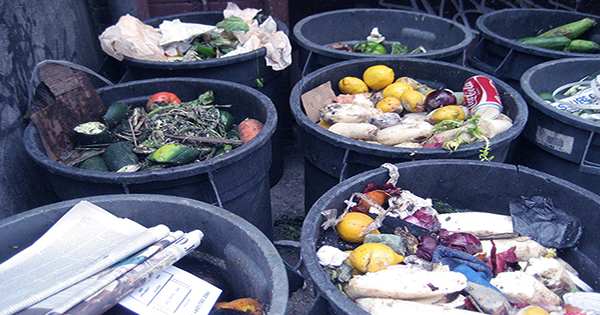A new study in the Journal of Nutrition sheds light on the staggering levels of food wastage in the United States, revealing that Americans consume only 59 percent of the food they buy. Such excessive confusion not only puts pressure on the environment but also burns a large hole in the average person’s pocket by spending more money on unhealthy food than gasoline or clothing each year. By analyzing data recorded as part of a National Health and Nutrition Examination survey between 2001 and 2016, the study authors were able to create a picture of the food intake patterns of 39,758 American adults.
Their results indicate that about 14 percent of all food purchased is consumed because it has become inedible, while 227 percent is wasted despite being in perfectly good condition. The amount of pesticides and fertilizers used in agricultural processes, not to mention greenhouse gas emissions from food production, reduces this level of waste by a huge amount of unnecessary pollution. Furthermore, since most people do not compost their waste, most of this obsolete food is sent to landfill sites, which creates even more environmental problems.
Still, the authors of the study believe that the financial frauds of removing groceries probably motivate people to change their behavior, which is why they chose to highlight the financial value of all this waste. According to their calculations, the average American spends $13.27 a day on food, of which $ 3.62 is literally thrown in the trash.
That adds up to $1,300 a year, which is a lot more than most people spend on other essential items. For example, in 2017, the average single person spent £1,207 on household appliances, $1,250 on gasoline, £1,149 on household heating and electricity, $1,046 on property taxes, and $936 on household maintenance, repairs, and insurance.
Buying meat and seafood in restaurants is 38 percent of all money spent on unclean food, while 30 percent of food waste is spent on fruits and vegetables bought in supermarkets but thrown away at home. Although this seems plausible, the study authors conclude that their efforts to reduce food waste can help individuals or families make positive changes in increasing their food budgets and reducing environmental impact.
















